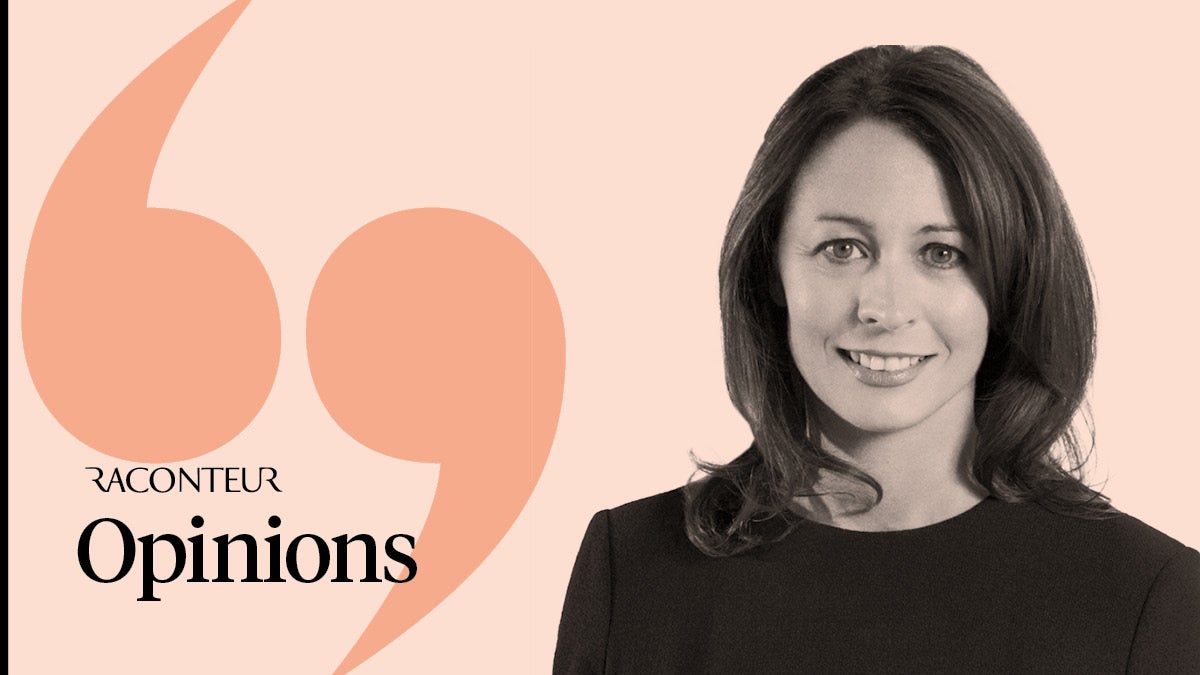
The Institute of Positive Fashion (IPF) was launched earlier this year by the British Fashion Council (BFC) with the goal to be more sustainable, diverse and responsible. This year has shown the importance of coming together to look at the future and the opportunity to change, collaborate, innovate and rethink the fashion industry and its impact. The fashion industry has an immense cultural power and we want to ensure that the UK continues to lead globally.
In 2019 the UK fashion industry was worth £35 billion to the UK economy and employed 890,000 people. A report by Oxford Economics, commissioned by the BFC, predicts that the COVID-19 recession could be twice as hard on the fashion sector compared to the UK overall, effectively wiping out the above-average growth achieved by the industry in the past ten years.
The fashion industry’s GDP contribution is predicted to drop to £26.2 billion with 240,000 direct job losses; this number increases to 350,000 if you include indirect job losses. The data shows that, alongside the economic impact, an entire generation of creative talent could disappear, putting in danger the UK’s position as the creative crucible of global fashion.
Protecting both people and planet in fashion
The fashion industry is a giant ecosystem and the UK provides game-changing creative talent. We are an industry that is resilient and creative in reshaping itself and now is the time to act. There are urgent changes needed to production schedules, product drops and seasonality, as well as fashion weeks and buying schedules. There are innovation opportunities to develop technology, reduce waste and our carbon footprint, and support our industry and the planet, as a built-in part of growth.
The next step for the BFC as a part of the work of the IPF is to ensure that both people and planet have an equal footing in terms of industry priorities for change. Our world is home to so many different cultures and people, and different perspectives and backgrounds are what make it vibrant, creative and relevant. While diversity in the industry has improved, there are still many systemic barriers that need to be broken down to ensure the industry is truly open to everyone.
Pre-pandemic the BFC Executive Board talked about the need to address environmental change. Now, through this period of extreme challenges and change, we will refocus the BFC’s resources and purpose to influence and engage with more designer-businesses and the broader industry to enable change.
Plans for the future of British fashion
We will strengthen British fashion in the global economy as a leader in responsible, creative businesses through championing diversity, building and inviting the industry to actively participate in a network to accelerate a successful circular fashion economy. We will focus on supporting excellence in fashion design, from education through to London Fashion Week and The Fashion Awards, empowering growth with shared resources to form a more resilient, fair and circular industry. Lastly we will activate positive change through communication to government and engaging the broader industry.
There are many practices that have been accepted that should no longer be tolerated. If the BFC is to truly play a significant role in strengthening British fashion in the global fashion economy it must hold itself and businesses accountable to a higher standard than ever before and address the need for change now from the catwalk to the factory floor.
Through the IPF, the BFC aims to bring together global expertise to help brands in the industry navigate an often confusing topic and kickstart a much-needed comprehensive step-change. Great work is already being done, but there is much more to do. Visit the IPF website here to view the Global Resources Map of programmes, initiatives and NGOs.

The Institute of Positive Fashion (IPF) was launched earlier this year by the British Fashion Council (BFC) with the goal to be more sustainable, diverse and responsible. This year has shown the importance of coming together to look at the future and the opportunity to change, collaborate, innovate and rethink the fashion industry and its impact. The fashion industry has an immense cultural power and we want to ensure that the UK continues to lead globally.
In 2019 the UK fashion industry was worth £35 billion to the UK economy and employed 890,000 people. A report by Oxford Economics, commissioned by the BFC, predicts that the COVID-19 recession could be twice as hard on the fashion sector compared to the UK overall, effectively wiping out the above-average growth achieved by the industry in the past ten years.
The fashion industry’s GDP contribution is predicted to drop to £26.2 billion with 240,000 direct job losses; this number increases to 350,000 if you include indirect job losses. The data shows that, alongside the economic impact, an entire generation of creative talent could disappear, putting in danger the UK’s position as the creative crucible of global fashion.


